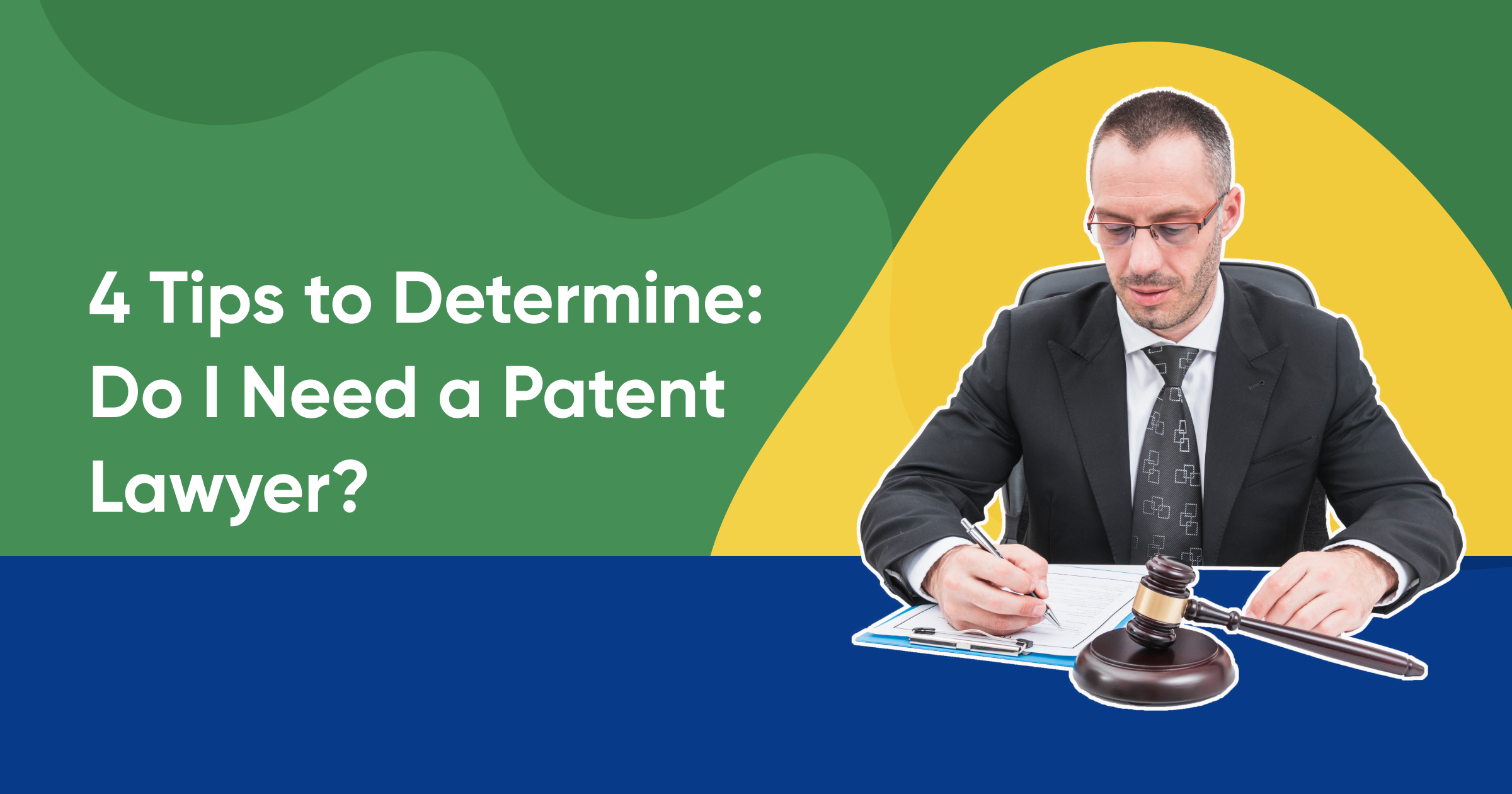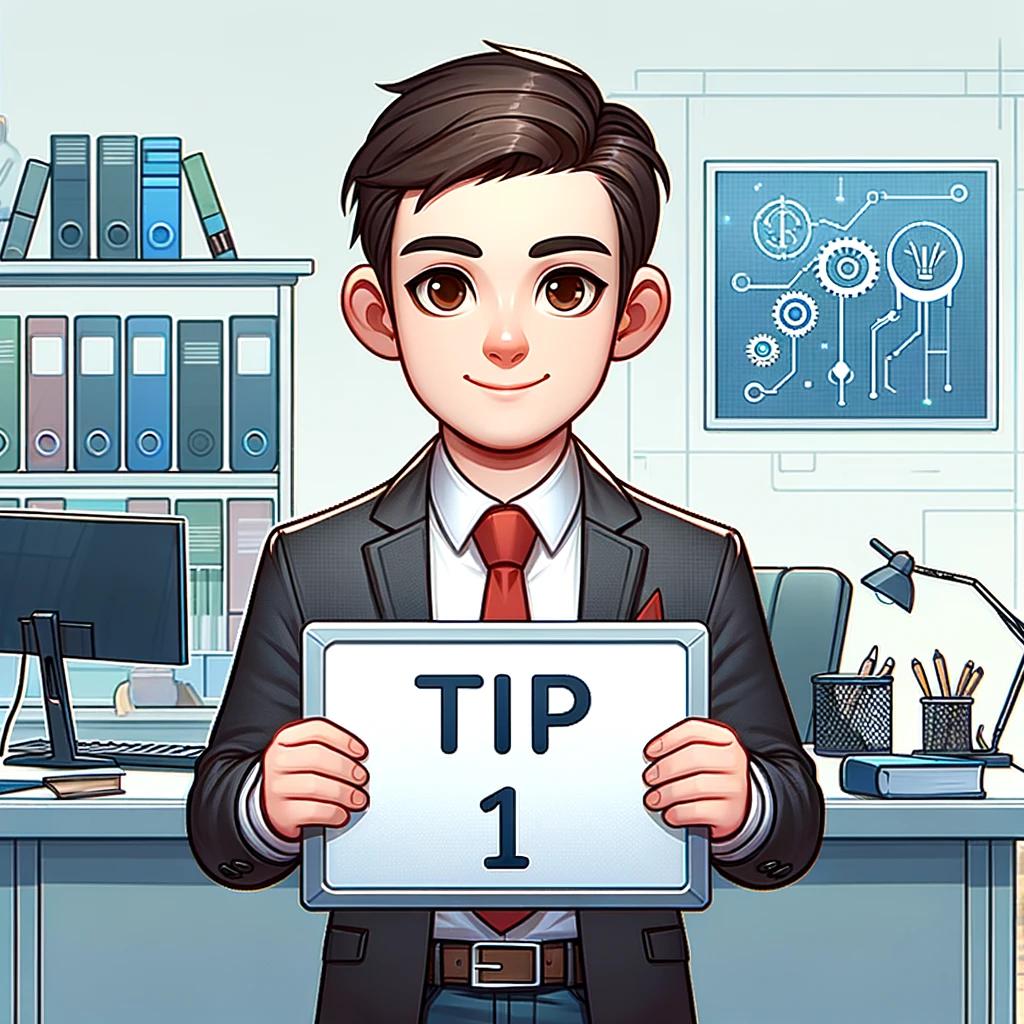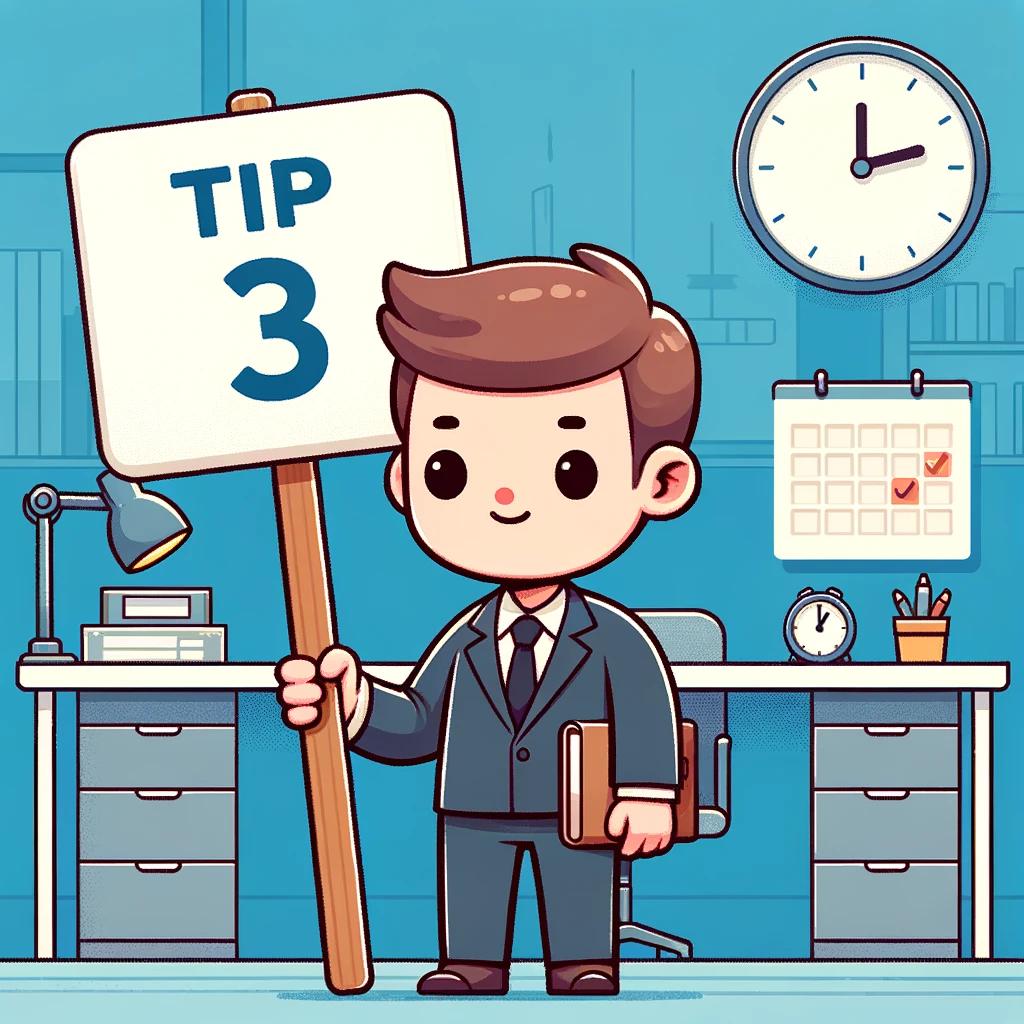Lindokuhle Mkhize
27 November 2023 • 5 min read

When protecting your intellectual property, patents play a crucial role. They safeguard your unique inventions or innovations and ensure that others do not infringe upon your rights.
However, navigating the patent filing process and litigation can take time and effort. As a result, many individuals find themselves wondering if they need a patent lawyer. In this article, we will provide four essential tips to help determine if hiring a patent lawyer is right for you.
For inventors seeking to protect their creations in the United States, it's crucial to have a comprehensive understanding of U.S. patent law. Unlike patent laws in other countries, the U.S. Patent and Trademark Office (USPTO) has established detailed and specialized rules, practice guidelines, and legislation to govern the patent application process.
Let's break down its key components to help you navigate the complexities of the system:
To obtain a patent in the U.S., an invention must fulfill certain patentability requirements. These include:
The USPTO provides three main types of patents:
The U.S. patent application process involves several key steps:
When a patent is awarded, the inventor gains exclusive rights to the innovation.
The patent holder has the authority to prohibit anyone from creating, using, selling, or importing the patented invention without permission.
Infringement of a patent can lead to legal action, including damages and injunctions.
For a patent to be granted, you must file a patent application that discloses the invention in enough detail for a patent examiner to have all the necessary parts. Generally, this form must follow the rules and guidance. It may be as straightforward as paying the alleged error to the inventor that the patent is invalid. Before you ask yourself, "Do I need a patent lawyer?' consider these four tips:

The complex nature of your innovation is an important factor to consider when considering whether to engage a patent attorney.
If your invention is straightforward, you can handle the patent process independently. If your invention is advanced technologically or has multiple components, it's best to seek help from a patent lawyer. This is especially true if it falls under a heavily regulated industry.
Lawyers have the knowledge and expertise to navigate the patent system, improving your chances of success.

The importance of your invention should also be taken into account if your invention is a big breakthrough or could make a lot of money. In that case, it's crucial to protect it adequately.
Patent lawyers can assist you in protecting your invention by providing advice on the most effective strategies. They will also conduct thorough searches to check for existing patents that could impede your progress.
They can also advise on enforcing patents, licensing, design patents, and commercialization opportunities.

Patent application filing requires a considerable investment of time and resources. If you’re committed to learning about patents, you should thoroughly search for prior art, understand legal requirements, and handle the paperwork. In that case, you may go the DIY route.
But it's important to remember that one mistake in filing can lead to rejection or weak protection. Patent lawyers have the experience to speed up the process, overcome obstacles, and increase success.

When deciding whether to hire a patent lawyer, consider the risk and your knowledge of patent law. A patent lawyer can tell you how strong your invention is and if you can get a patent. They can help you weigh potential patent infringement risks and advise you on building a robust intellectual property portfolio.
You can rely on their legal expertise to help you make sound decisions about the protection and value of your innovation.
When choosing a patent lawyer, consider these four tips to make an informed decision. A patent lawyer can help you file a patent and give advice on enforcing, licensing, and selling it. Consider the complexity and importance of your invention when deciding if you need utility patents.
Also, consider your available time and resources and assess the risks involved. A patent lawyer is very important for protecting and maximizing your intellectual property.
From Trademarkia's perspective, a patent attorney is crucial for several reasons. Firstly, they possess specialized knowledge of patent law, ensuring that your application adheres to all legal requirements. Secondly, they can help in drafting a patent application that effectively covers your invention, minimizing the risk of infringement.
Thirdly, patent attorneys can navigate the complex process of patent application, including responding to any objections or refusals from the patent office. Lastly, they provide strategic advice on protecting your intellectual property and maximizing its commercial potential.
On Trademarkia, you might find that the cost of patenting an idea varies widely depending on several factors. These include the complexity of the invention, the type of patent being sought (e.g., utility, design, or plant), attorney fees, and the number of claims made in the patent application. Additional costs can arise from maintaining the patent, international filing, and dealing with any legal disputes.
While the initial cost can be substantial, many inventors and companies view this as a necessary investment to protect their innovative ideas and potentially reap greater financial rewards in the long run.
The worth of obtaining a patent depends on individual circumstances. For inventors and companies, a patent can offer significant benefits, such as exclusive rights to the invention, potential revenue through licensing or selling the patent, and a competitive edge in the market.
However, these benefits must be weighed against the costs of obtaining and maintaining the patent, as well as the potential for legal disputes. In some cases, the strategic use of trade secrets or alternative protection methods might be more advantageous.
Ultimately, whether a patent is worth it depends on your specific goals, the nature of the invention, and the market landscape.
AUTHOR
Lindokuhle Mkhize, a skilled creative copywriter and content lead at Trademarkia, brings a wealth of experience in driving innovation and managing teams. With previous success in starting and growing the Innovation and Marketing department at her former creative agency, Lindokuhle boasts expertise in leadership and delivering compelling content. Based in South Africa, Lindokuhle's work focuses on key themes of creativity, effective communication, and strategic marketing.
Related Blogs

How to Renew a Trademark: A Guide That M...
17 May 2024 • 5 min read

How to Trademark a Name | Exploring the ...
17 May 2024 • 8 min read
.png%3Falt%3Dmedia%26token%3D61e4c1a1-34ee-427f-8cbe-48da50784682&w=256&q=75)
Will Palworld Get Copyrighted? (+ the Po...
17 May 2024 • 5 min read

7 Tips to Protect Your Business from Bra...
17 May 2024 • 8 min read

Can OpenAI Trademark GPT? (It’s Not That...
17 May 2024 • 3 min read